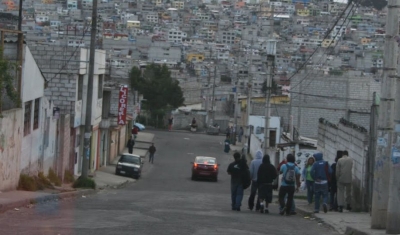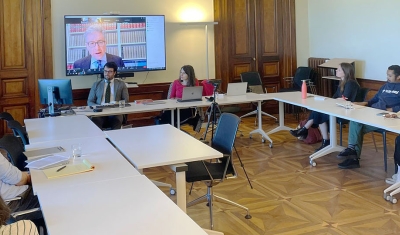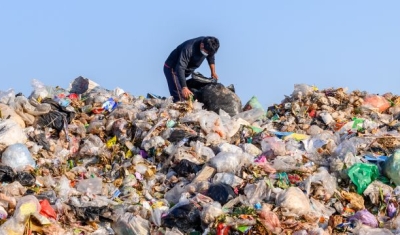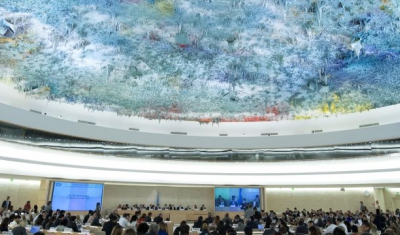New Publication Explores State Responsibility for Human Rights Violations Committed by Armed Non-State Actors in its Territory

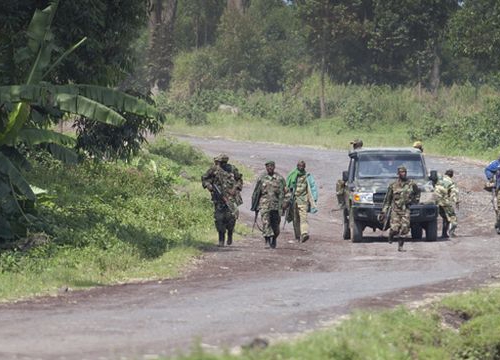
MONUSCO
25 February 2019
Part of our multi-year project that focuses on human rights responsibilities and armed non-state actors (ANSAs), our new publication State Responsibility for Human Rights Violations Committed in the State Territory by Armed Non-State Actors explores the particular aspects of state responsibility for human rights violations committed by ANSAs in its territory.
De Facto Control Over a Territory by an ANSA: Lack of Remedy for Human Rights Violations
As a general fact, a state is only responsible for its own acts. But there are exceptional circumstances in which the conduct of an ANSA will invoke a state's responsibility.
The author, Tatyana Eatwell, explores various scenarios, including situations where an ANSA operates independently of any state and controls territory. She acknowledges that these situations of de facto control over a territory by an ANSA give rise to a protection gap where victims of human rights violations committed by the ANSA are left without recourse to remedy.
This question of jurisdiction does not arise for the application of international humanitarian law (IHL): in situations of armed conflict to which the ANSA is a party, the ANSA will be responsible for violations of IHL it has committed pursuant to Article 3 common to the 1949 Geneva Conventions and customary IHL.
The author, therefore, concludes that in situations of armed conflict, the state’s loss of control over part of its territory will give rise to a protection gap with respect to the substantive rights and freedoms guaranteed under international human rights law (IHRL), and not protected under IHL.
Addressing the Protection Gap
The author explains that the United Nations (UN) human rights mechanisms have sought to close this protection gap by invoking the responsibility of the ANSA itself. However, she acknowledges that there is a lack of agreement as to whether ANSAs are bound by IHRL, and if so, what the nature of their obligations might be.
‘Tatyana Eatwell recommends the development of a shared understanding of the human rights obligations of ANSAs, a path that is currently undertaken by various Special Rapporteurs’ explains Felix Kirchmeier, Manager of Policy Studies at the Geneva Academy.
‘We will continue, via our research project, to work on this issue and collaborate with UN Special Rapporteurs who are interested in exploring the role and responsibilities of ANSAs in relation to their specific mandates’ he adds.




